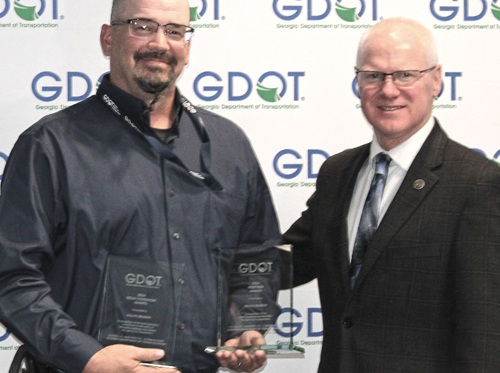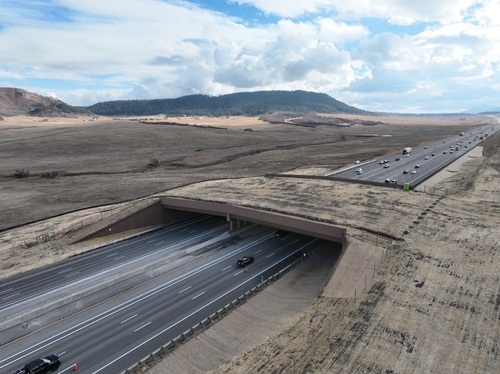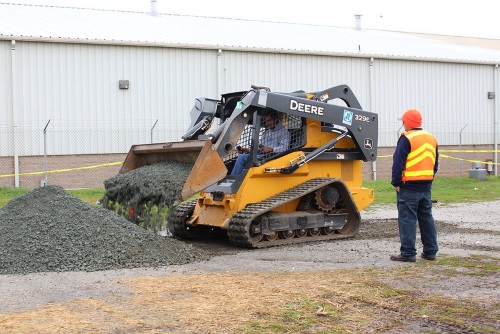The North Carolina Department of Transportation’s Office of Civil Rights is sponsoring new highway construction trade academies or HCTAs around the state; academies designed to address the growing need for skilled labor in transportation industry while creating a more diverse industry workforce.
[Above photo by the NCDOT.]
“Our goal is to target women, minorities and other disadvantaged populations, including veterans, the disabled, and residents of our poorer Tier 1 counties where there’s a need for such training and jobs,” explained Vanessa Powell, who administers the program for NCDOT’s Office of Civil Rights, in a statement.
“The course combines a mixture of safe classroom, virtual, hands-on and work-based learning formats,” she said.

A projected shortage of 500,000 skilled highway construction workers across the United States over the next decade, partly due to retirements of an aging industry labor force, is the driving force behind the HCTA program, the agency said – with the formation of a “non-traditional labor supply” part of the solution.
Supported by Federal Highway Administration funding, NCDOT’s HCTA program is a minimum four-week, full-time training course hosted initially by local community-based organizations on a statewide basis.
Participants receive training for specific jobs as well as how to conduct job searches, along with “supportive services” such as emergency short-term housing, daycare, and transportation assistance.

Passage Home in Southeast Raleigh and the Opportunities Industrialization Center in Rocky Mount are hosting the first two HCTAs, NCDOT said, with three additional locations coming online shortly in James City, Fayetteville, Charlotte and Greenville.
Those HCTA classes include basic construction math, written and interpersonal skills, OSHA-10 certification, and other more advanced skills such as flagger certification.
Down the road, the agency plans to establish five more HCTAs with each featuring eight-week programs.
Other state departments of transportation are experimenting with similar workforce development programs.
The Arizona Department of Transportation, for example, developed a training program to help members of economically disadvantaged groups launch careers in the transportation construction sector – hosting the program’s first women-only session in February 2020.
The agency also deployed video conferencing and online instruction tools in May 2020 to keep that program moving forward despite the COVID-19 pandemic.
 States
States
Georgia DOT Foreman Receives Two Heroism Awards
January 2, 2026 States
States

